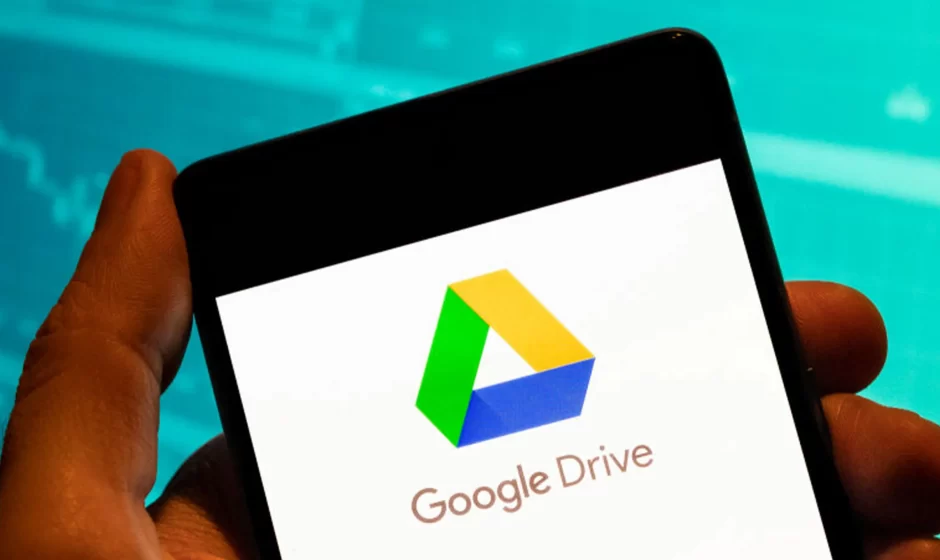Secure from hackers? Yes. Secure from Google? No
Google Drive, Google’s cloud storage service, is one of the most underappreciated offerings in the Google library. It offers freemium cloud storage and integrates seamlessly with the Google Docs office suite and the Android operating system. Drive has over one billion users and hosts trillions of files (some are likely yours), but that doesn’t necessarily mean it’s safe. Just because everyone else uses it, does that mean it’s a secure file storage option to use with your new Chromebook?
How secure is Google Drive?
Google Drive is very secure. When in transit to or from Google Drive, your data is encrypted by the same standards used to protect financial transactions on the web. That means that if it’s intercepted en route to Google from your phone or computer, no one can read it. When it’s on Google’s servers, your data is encrypted using the AES-256 standard. AES-256 is so strong that even a theoretical quantum computer would take 229 nonillion years (229 followed by 30 zeros) to crack it with brute force. In comparison, the universe is only 13.8 billion years old. So your data isn’t getting hacked from the outside.
How private is Google Drive?
Your data is not private. Yes, Google stores your data with one of the strongest encryption algorithms available, but it holds the keys to your data and reserves the right to access it at any time. That means Google could hand over your data to anyone it pleases (most likely law enforcement) or that a bad actor within Google could leak it, as happened in 2018.
What is it doing with that data? Probably nothing too nefarious. Generating something as simple as a thumbnail requires it to have access to your data, as does searching inside files on your Google Drive. Even though Google makes most of its money from advertising (over $200 billion), it says it doesn’t use the content on your Drive to provide tailored advertisements.
How to make Google Drive more secure
Because Google locks down its data so tightly, the greatest threat to your information resides somewhere between your chair and your keyboard. However, you can change your security practices to make your account nearly impenetrable.
The number one thing you can do to protect the content on your Google Drive is to activate two-factor authentication. 2FA is by far the best method of preventing unauthorized access to your digital stuff. If you haven’t activated it, here’s how to do it.
- From your Google Drive homepage, click your profile icon in the upper-right corner.
- Select Manage your Google Account from the menu that appears.
- This opens a new web page. Click Security from the menu at the left.
- Scroll down to the How you sign in to Google section, then select 2-Step Verification.
From here, follow the on-screen directions to get set up. The process is essentially the same on mobile.
- From the Google Drive homepage, tap your profile icon in the upper-right corner.
- Select Google Account from the menu that pops up.2 Images
- Slide the ribbon menu to the left and tap Security.
- Scroll down to the How you sign in to Google section, then select 2-Step Verification.2 Images
Again, follow the on-screen instructions to get 2FA set up.
Two-factor authentication protects you from most security threats you’re likely to face, but it doesn’t hurt to take a few extra steps to keep your files safe. First, make a good password. Password strength exists on a spectrum, and as long as you aren’t using 123456, your name, or your birthday you’re probably okay. The most secure option is a random string of eight or more letters, numbers, and symbols, but that’s difficult to remember.
Second, make good digital choices. One of the things that makes Google Drive so useful — its collaboration and sharing features — is also one of its most vulnerable vectors for attack. Don’t share access to your files with someone you don’t know, and don’t accept files from people you don’t know. And more than people you don’t know, avoid using Google Drive on wireless networks you don’t know. The potential for a bad actor to intercept your passwords on a compromised network is real and shouldn’t be minimized.
Is Google Drive right for you?
For most people, Google Drive meets all their security and cloud storage needs. On the other hand, if you work with sensitive data like trade secrets or health records, you might want to consider another cloud storage option. There are a lot of good ones out there!




